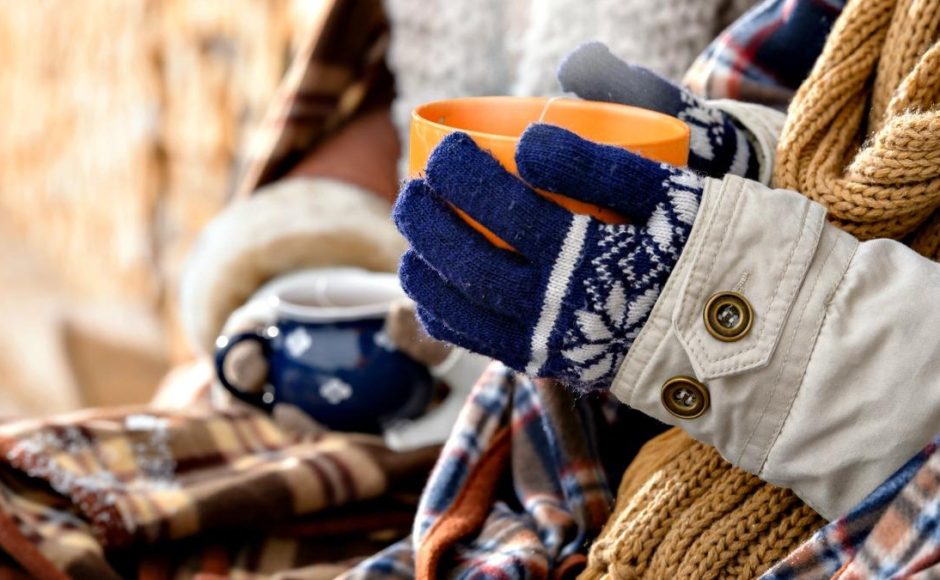With all the news reports about a flu epidemic this winter, it’s important to stay warm and well. If our homes aren’t insulated enough, could we be letting in cold air that could be damaging to our health? There are some health issues, such as asthma and sore throat which can be are triggered or made worse by cold weather. Here are some ways the cold affects our well-being:
Asthma
Wintery cold air is one of the main triggers of asthma symptoms, including shortness of breath and wheezing. It’s important that those with asthma take extra care in the colder months.It’s best to stay inside on those terribly chilly and gusty days. If going out is unavoidable, then wear a loose scarf over your mouth and nose to keep your temperature up.Always keep your inhaler with you and stay on top of taking your regular medication.
Joint Pain
Those suffering with arthritis complain of increased discomfort and stiffness during the colder months. There is no scientific evidence that shows weather change as having any negative impact on joint, but it is still experienced by those with the condition. It could be that those who get down in the winter months feel any medical condition more acutely. Some gentle daily exercise is great for mood-boosting and joints. Swimming is highly recommended as it’s kind on the joints.
Heart attacks
Did you know that heart attacks are more common during the winter? It is thought this might be caused by colder weather increasing blood pressure, therefore putting additional strain on the heart muscle. Trying to stay warm and maintain body heat also makes your heart work harder than normal. Ensure your home is insulated and warmed to at least 18 °C. If you think you’d benefit from new double glazing, contact a Double Glazing Company in Gloucester, like
Dry skin
Dry skin is an extremely common issue during winter when it’s cold and humidity is low. It’s important to regularly moisturize to keep your skin from becoming too dry and cracking. Moisturizing creams and lotions work to seal in your skin’s natural moisture and prevent it from evaporating. Applying lotions and creams straight after a shower or bath is the ideal time as your skin is still damp. Avoid having your water too hot, as this can further irritate dry skin, causing itchiness.
Cold extremities
One cold weather condition is called Raynaud’s phenomenon, the symptoms of which include toes and fingers changing colour when exposed to the cold.The toes and fingers can become painful, turning from white to blue, then red. Due to blood vessels spasming, the blood flow is reduced to your hands and feet, resulting in a tingling or throbbing sensation. If you suffer from this condition, be sure to always wear gloves and warm shoes when going out in the cold. Smoking and caffeine can worsen the condition, so try to avoid both if you can.




